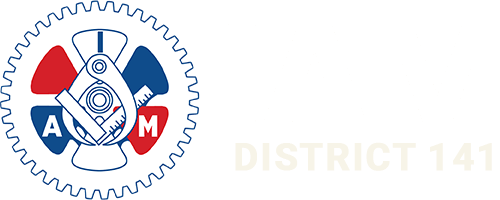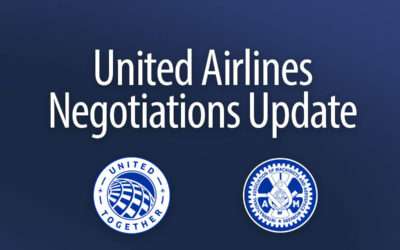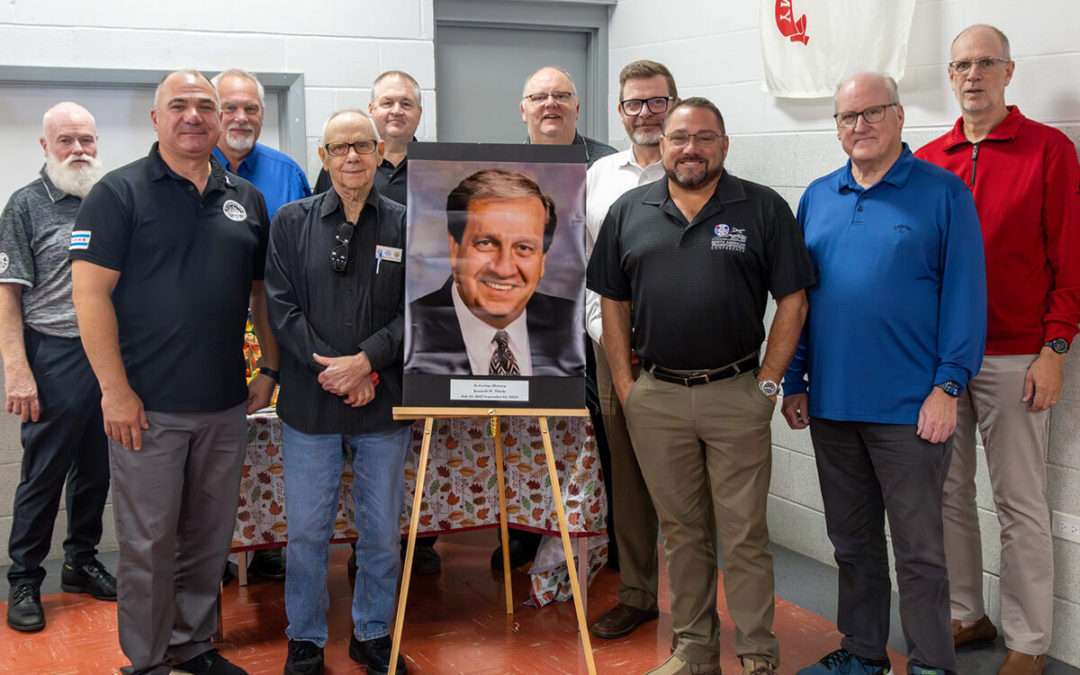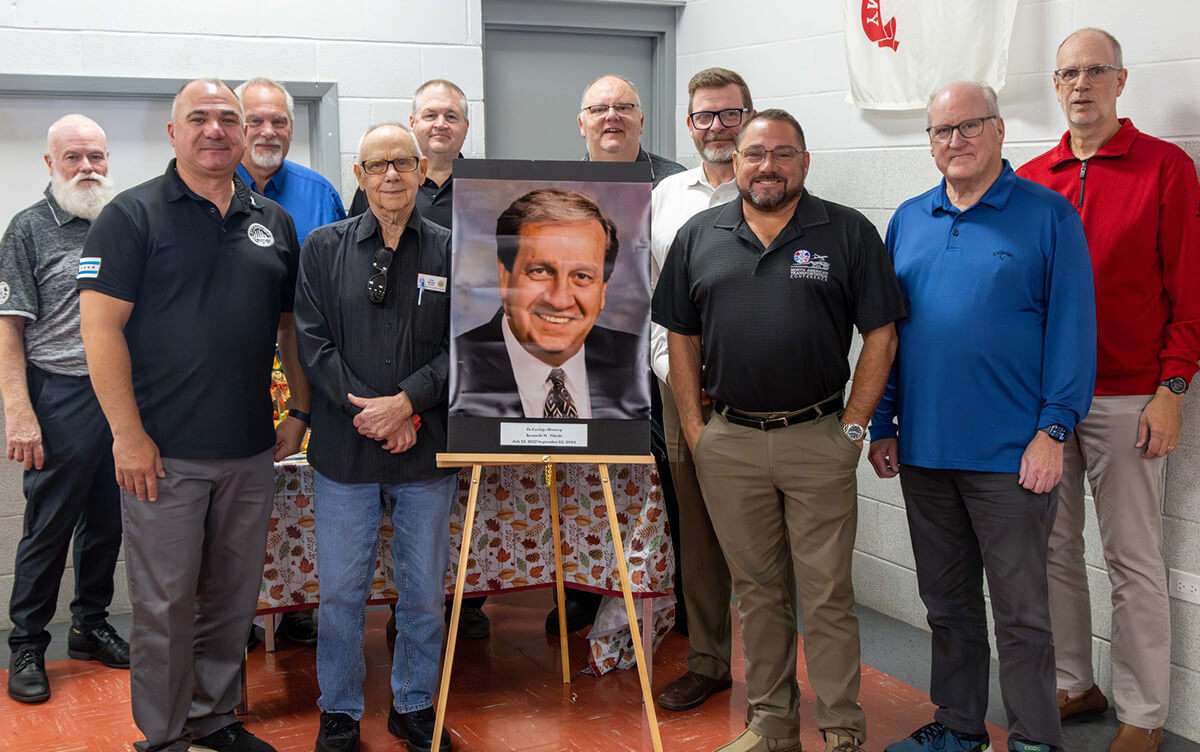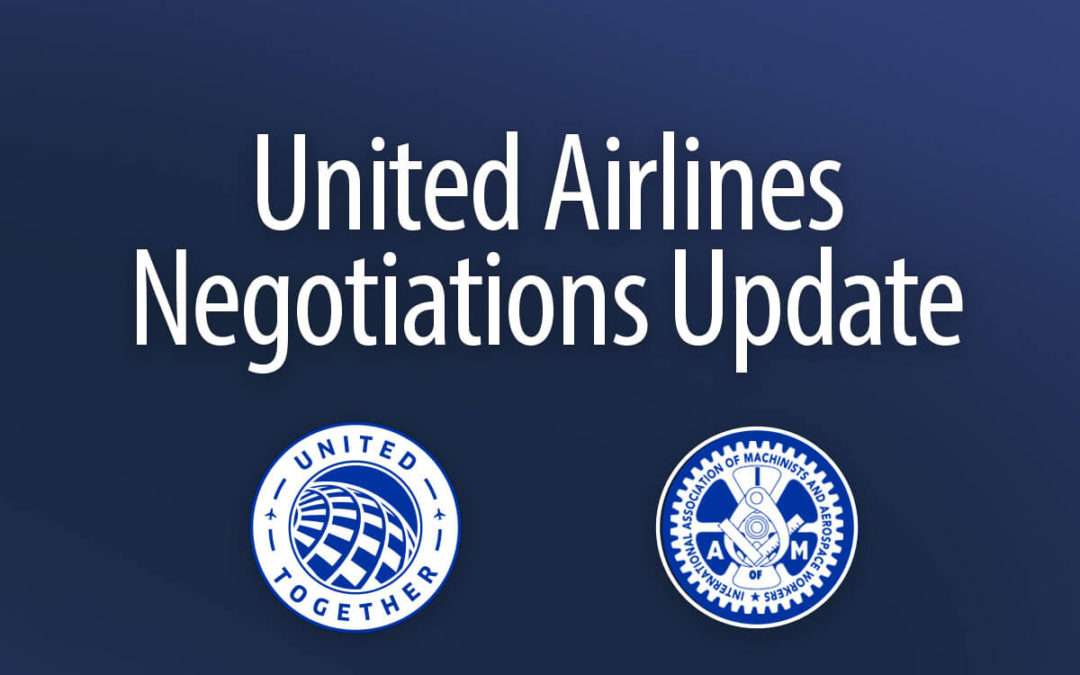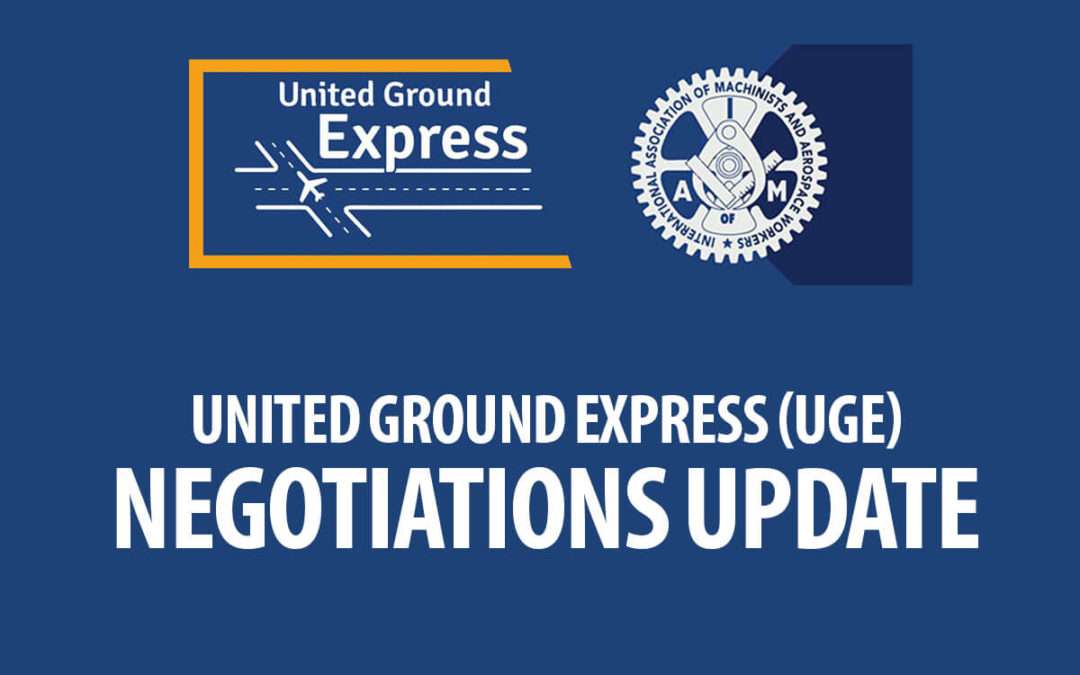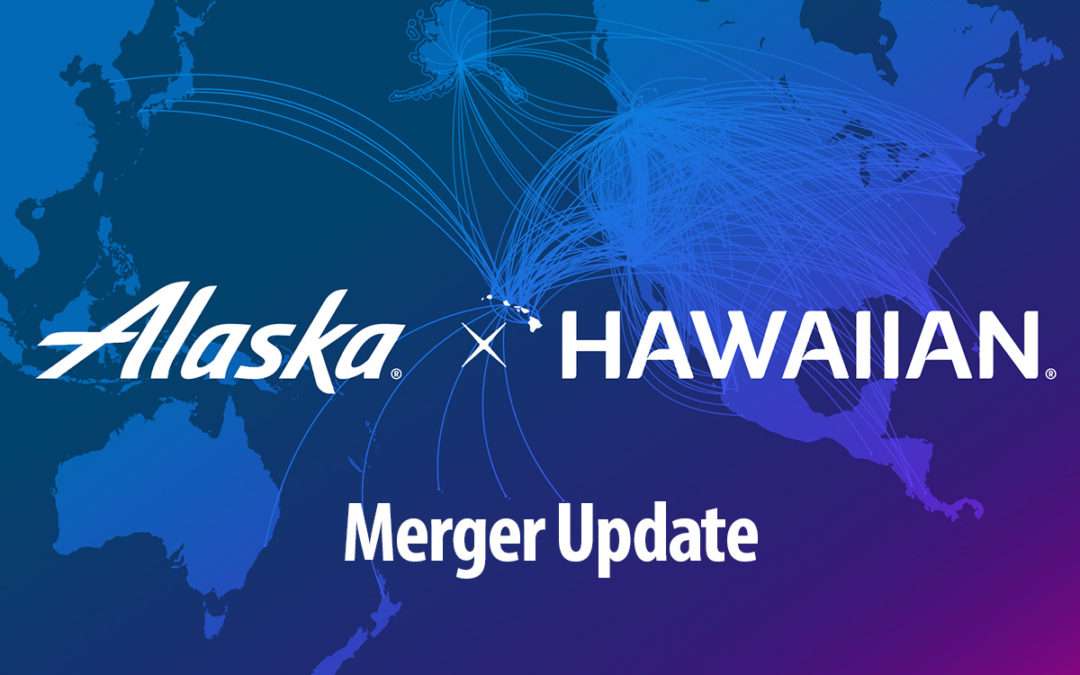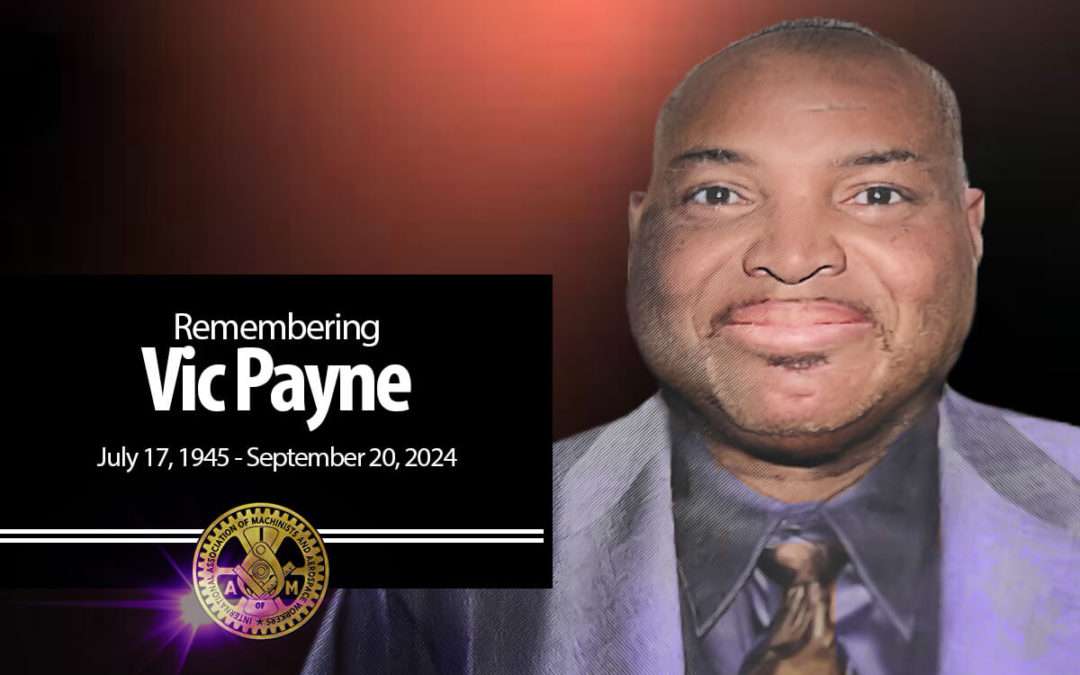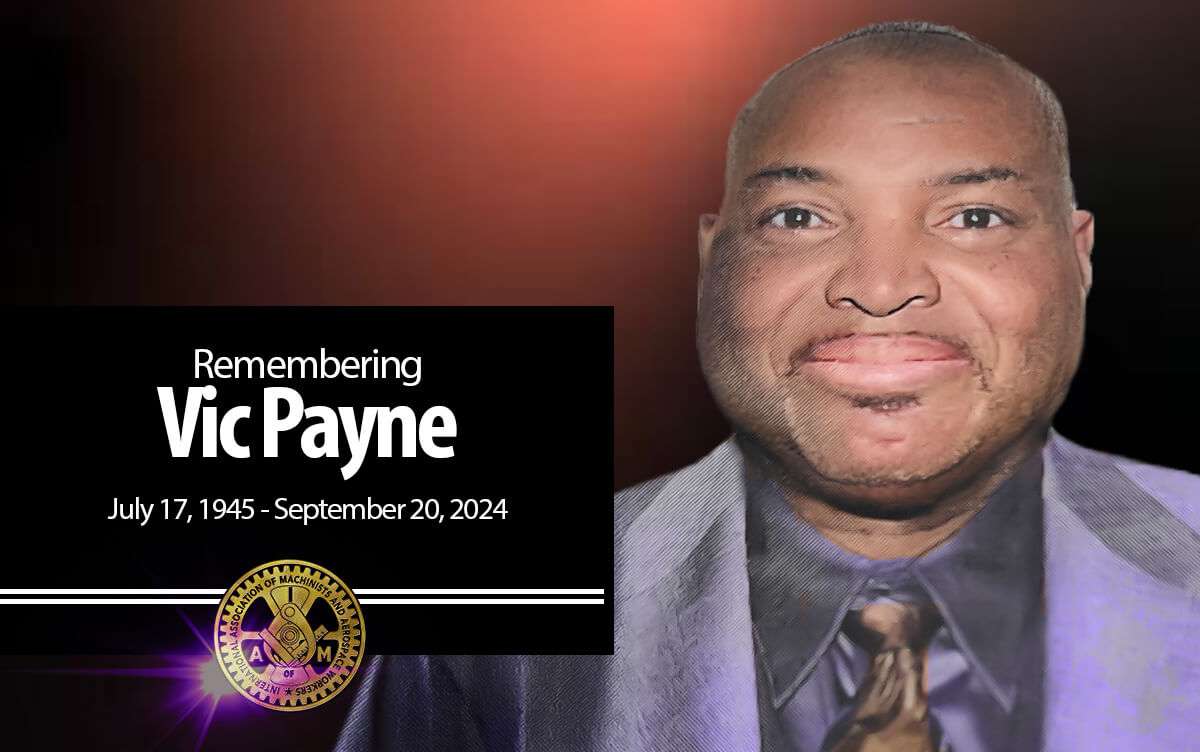Your IAM District 141 negotiating team and United Airlines management met last week in Chicago to continue contract negotiations for seven different contracts.United Contract Negotiations Update18 March 2025 Dear Sisters and Brothers, Your IAM District 141 negotiating...
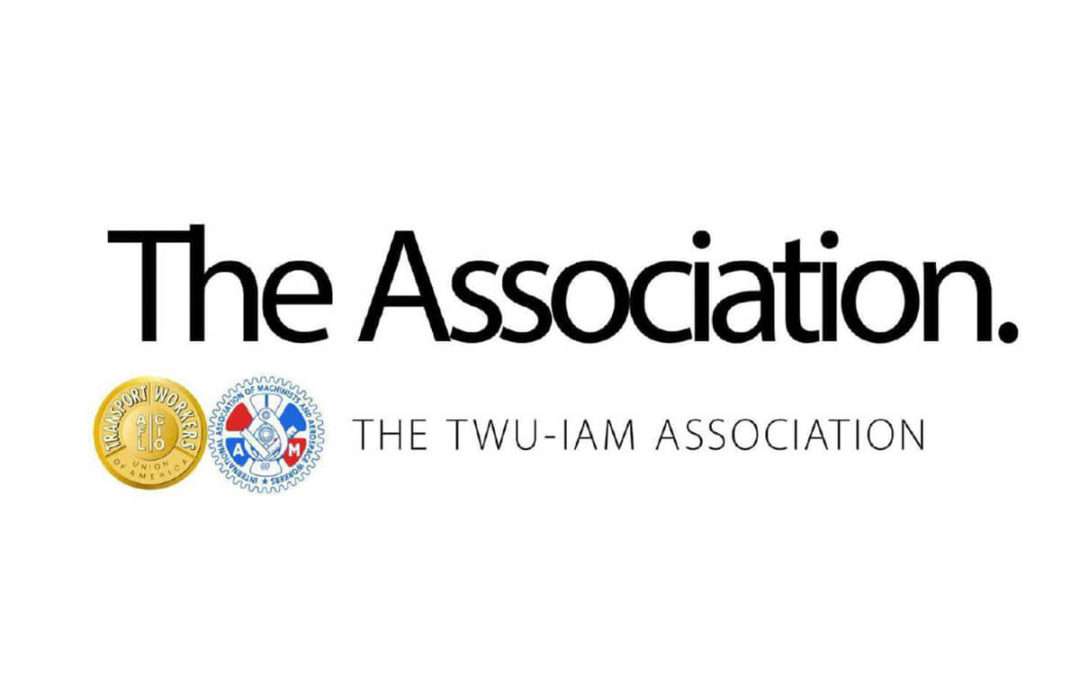
AA Contract Extension Update
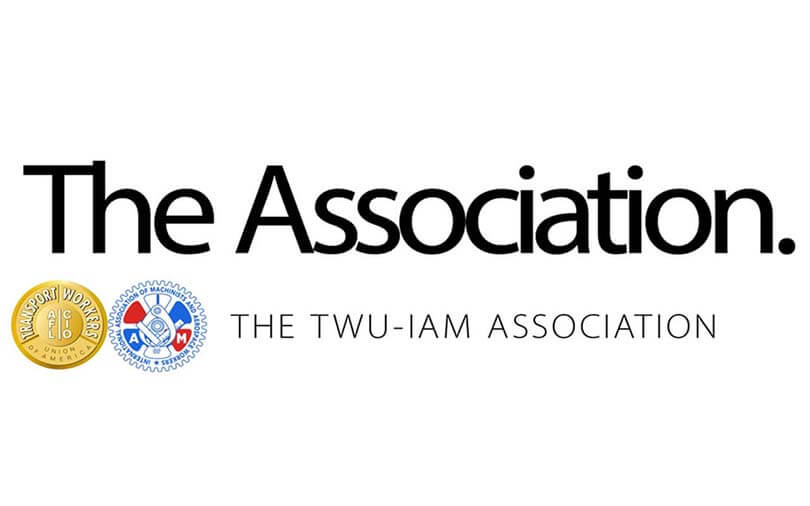
October 24, 2024
TO: Association Fleet Sisters and Brothers
RE: AA Contract Extension Vote
As a reminder, voting on the American Airlines contract extension opens at noon central on Friday, October 25th and closes at noon central on Tuesday, October 29th.
Voting will be done via telephone, internet, or QR code. You may vote only one time. Once a ballot is cast, a vote may not be changed.
To request a replacement ballot, beginning on October 25th send an email:
Subject: VOTE
NOTE:
You will receive an email within 30 seconds (you may need to refresh your email program). Follow the instructions in the email to cast your vote. The link in the email will be valid for only 15 minutes.
If you have questions/problems with casting your vote:
- TWU members — contact Karen Koziatek at kkoziatek@TWU.org
- IAM members — contact Zach Coker at zcoker@IAMDL142.org
Fraternally,
The Association Leadership
Recording Secretaries – Please print and post on all IAMAW Bulletin Boards. GET PRINTABLE COPY >>
Related News
United Airlines Negotiations Update for March 18, 2025
United Ground Express (UGE) Negotiations Update
Many of you have asked what happens when our contract reaches its amendable date on March 5, 2025. We want to be clear: your contract does not expire on that date. United Ground Express (UGE) Contract Negotiations Update7 March 2025 Dear Sisters and Brothers at...
United Negotiations Update
Your IAM District 141 negotiating team and United Airlines management continued contract negotiations last week in Orlando, Florida, for seven different contracts. The Fleet Technical Instructor and Related (FTI) sub-committee joined us to work on their contract...
